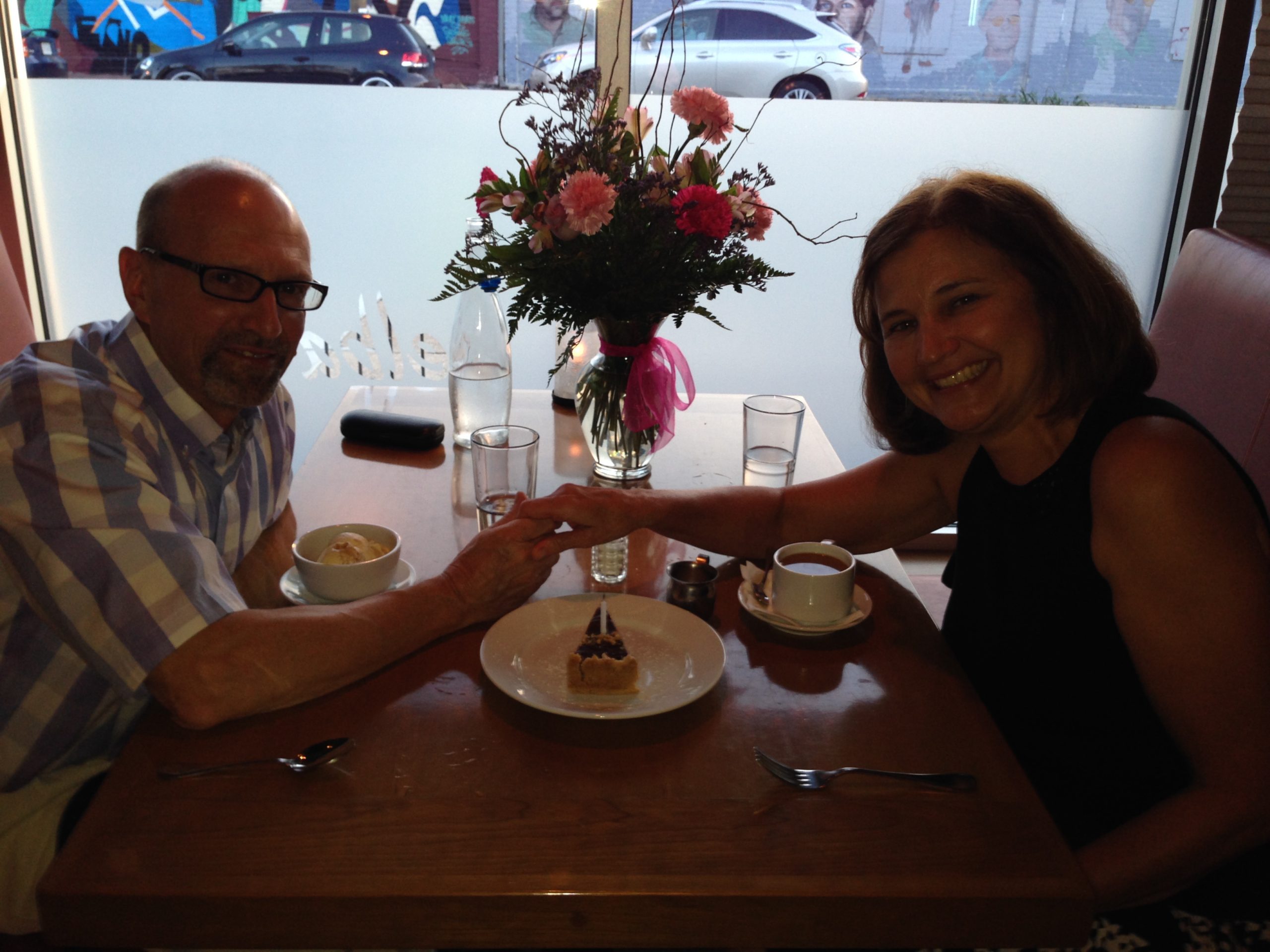Cancer Blog #12
By Brian Zimmerman
Begun on July 31, 2021
Email: dyingman1@yahoo.com
My Dying Words
Entry #12
September 16, 2021
The Side Effect You Don’t Want
Just a couple of other considerations in dealing with side effects:
Poop. Okay, there I said it. “Bowel management” as we used to call it in the Spinal Cord Injury unit, was an important part of learning how to live as a quadriplegic (or paraplegic sometimes). When I started chemo, I alternated between constipation and diarrhea/gas. Constipation sounds like a joke until you experience it. Believe me, it’s not funny. I was amazed how the problem sort of took over my life. I constantly had to decide “Do I need to take Imodium?” (to control the diarrhea) or docusate (a stool softener to help with the constipation). And, of course, it drastically affected my eating. You don’t eat a lot of fruits if you have severe diarrhea. You should drink plenty of fluids with either diarrhea or constipation, but with constipation hydration helps with the problem. It’s a miserable experience as it’s usually accompanied by severe nausea. Controlling the constipation or diarrhea often helps with the nausea. And, the same is true of controlling gas (flatulence). Having it usually made my nausea worse.
The Side Effect I Didn’t Believe at First
The other side effect that I haven’t discussed is gout. You wouldn’t think cancer would have anything to do with gout, at least I didn’t. I have had gout for years, but had an attack only on rare occasions, usually not more than once or twice a year. I took no daily medication to prevent it – it wasn’t needed. When I had an attack (usually in my great (big) toe on my right foot), I would take the medication Colchicine, and it would go away in a day or so. Not usually a big problem. But, with cancer, the ante was upped. Cancer cells as I’ve mentioned before are fast growing cells. They live and die quickly. And, as they die, they release their guts, the internal components of their cells, which includes nucleic acids. Two of those are classified as purines, which get metabolized in the body to uric acid. People with gout don’t handle uric acid well, which can be precipitated out as crystals in joints, such as your big toe. And, it hurts like a son of a gun. The week before I began chemo treatments, I had three gout attacks, and had significant difficulty controlling them. I had several more attacks recently (one when my wife and I were travelling to the beach), and the one at the beach, an attack I couldn’t control. After several days of unrelenting foot pain, I called the oncologist’s office and the NP gave me permission to take one Ibuprofen and one colchicine a day, and that finally stopped it. I cannot describe the relief as it let me sleep and be able to walk without severe pain.
You may not have a problem of gout, but I’m just trying to warn you that your side effects will be a significant part of your life – sometimes the most important part of your life – when you’re on chemo.
If You Have a Wound…
I will discuss only one other problem, one that I haven’t experienced, fortunately, and that is wound care. If you should develop a wound, the MD, of course, will help manage that. I have mentioned that I did wound care when I worked in the spinal cord injury unit and there were several simple things that may be helpful for you to know. First, if you have a red area that you are worried might be spreading, you should use a ballpoint pen to draw a line around the edge of the red/pink area so you can clearly see if it’s static (unchanging) or growing (or shrinking). Otherwise, it’s hard to be sure.
A second suggestion is that if you have swelling that you’re trying to manage, as I have in my ankles, and you’re having difficulty again telling if it’s getting better or worse, then go to Walmart and in their craft section you will find a small tape measure for $2. Use it to measure the circumference of your ankle or knee or whatever. You can ask the MD (or wound care nurse or a PT who has experience in wound care) where it would be best to measure, but just be sure to measure in the same area consistently, and be sure to record the measurement on your calendar or cancer diary to track the progress of the edema treatment. Edema makes healing wounds more difficult so reducing swelling is important for that reason alone.
Next, I’ll talk a little about chemo brain…
